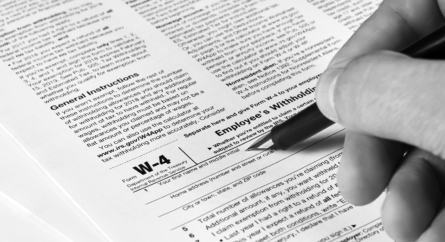Bonus Depreciation: What You Need to Know for Your Business
Since 2002, bonus depreciation under the Job Creation and Worker Assistance Act has been allowed in some form. Bonus depreciation allows for more current expensing for eligible property than allowed under the current depreciation rules. The amount of bonus depreciation allowed under the bonus depreciation regime has ranged from the initial 30% in 2001 to 50% under the 2015 PATH Act.
Prior to the 2017 GOP Tax Act, there were three requirements in order to qualify for bonus depreciation:
- The property must be qualified property
- The original use of the property must commence with the taxpayer
- The property must have been in service by the taxpayer before January 1, 2020.
There are four kinds of qualifying property:
- MACRS (Modified Accelerated Cost Recovery System) property with a recovery period of 20 years or less
- Certain computer software
- Water utility property
- Qualified improvement property defined in section 168(k)(3).
The 2017 Tax Act modified the above rules to eliminate the “original use” requirement. In addition, the new law allows for 100% expensing of qualified property or, alternatively, the taxpayer could elect to use 50% in the first year ending after September 27, 2017.
The bonus depreciation rules do not have the dollar amount and income limitations of Section 179. Therefore any loss that results from bonus depreciation could be currently deductible or, if a net operating loss results, carried back or forward.
The 2017 Tax Act dramatically reduces C-corporation tax rates effective for tax years beginning after December 31, 2017. Therefore, the value of any future tax deduction is reduced. Prior to closing any transaction, the list of proposed assets to be acquired should be carefully reviewed to verify qualification under the bonus depreciation rules. In addition, prior tax returns and current year tax projection should be reviewed to verify any projected tax benefits from the proposed transaction and taxpayer’s accountants should be consulted.
Tagged In: 2017 Tax Act, bonus depreciation, income, PATH act, property, tax returns, taxpayer








